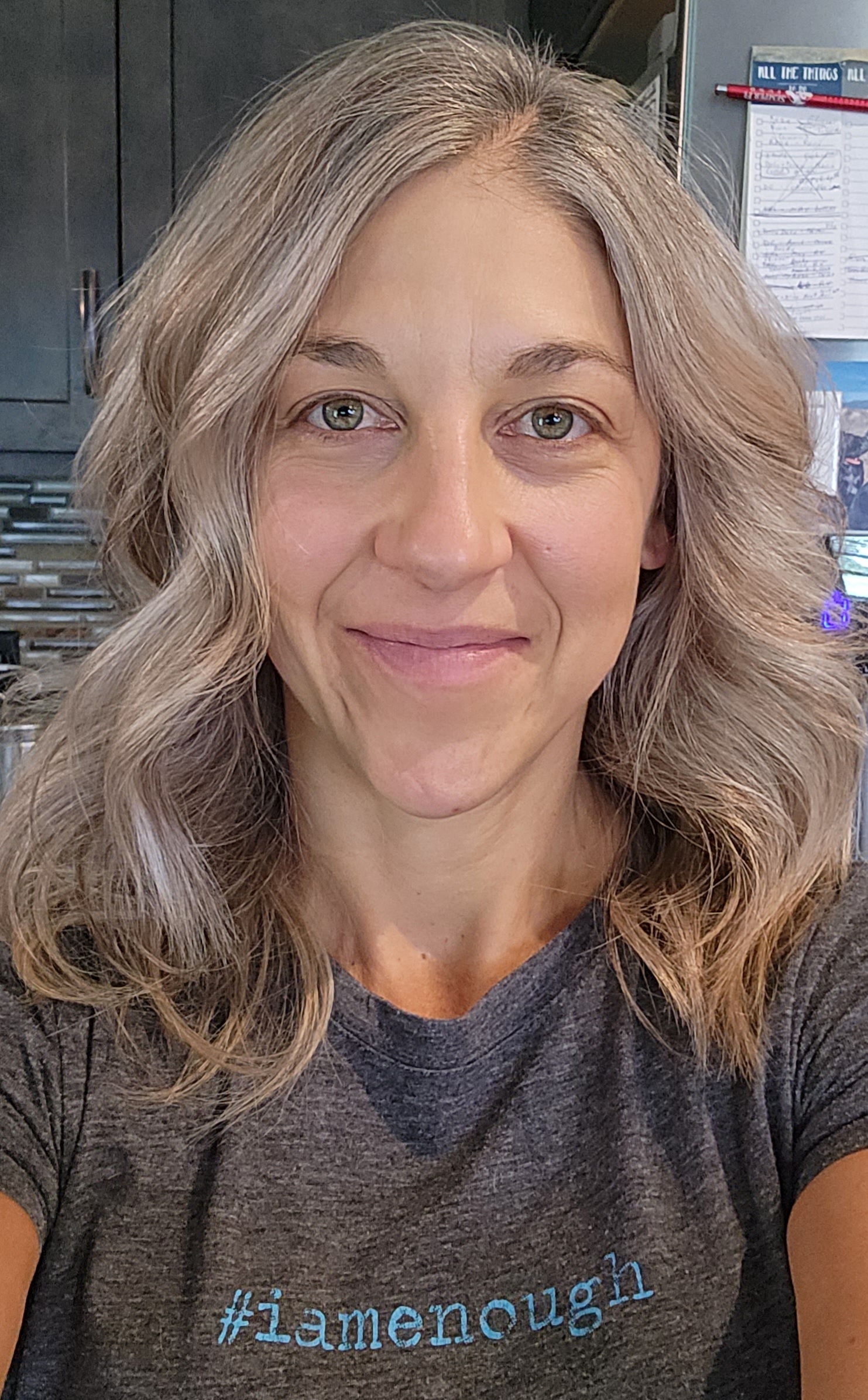3 Tips for Navigating Food (and Family)-Centric Holidays
- Kori Propst Miller, PhD

- Dec 14, 2022
- 4 min read

First, sit down and get in touch with how you’d like to move into your day.
Most of us make a plan but we look only at the external circumstances—we want to have x foods, in such and such amounts, we’ll start the day off with some movement, etc. That’s great, but it’s also important to identify your intentions for your attitude and energy. In fact, I think it’s more important.
Do you want to move into and through your day with zest? With humor? With patience? With kindness? With courage? Compassion? Maybe a few of those?
Take some time to reflect on the energy you want to embody. Doing so will set the stage for your mind and body. Visualize how you are going to carry yourself, how you’ll interact with whomever is going to be around, and how you feel.
Second, identify any worries or fears you have about the day.
If you have struggled in the past, if you have been strictly dieting, or you are recovering from disordered eating or body image distress, let’s not ignore the anxieties that are surfacing. Write them down.
Here’s an example:
I worry I’m going to binge and feel miserable!
Once we identify the fear, we can ask ourselves 2 questions:
1. What would set the stage for a binge?
Are there particular things we might/often do that promote binge eating?
Then, you can plan to do something different.
As an example, if you have it in your mind to “save all your calories” for the meal and you don’t eat anything until the meal, you are setting yourself up for a binge.
You will sit down and be overly hungry, with very low blood sugar, causing you to eat quickly and eat past the point of satisfaction and comfortable fullness.
With that being said, I want to remind you that it is normal to eat past the point of comfortable fullness sometimes, and especially normal at Thanksgiving and food-centric holidays, so if you do, please plan on offering yourself some grace and not shaming yourself. Make this a part of your how will I be and what energy will I embody part of your plan.
2. How would I prefer to be and what would I prefer to do instead of binge?
Using the above example, we would likely prefer to eat moderately, enjoy the meal, taste the food and choose the foods that we truly like, and not eat to just eat.
So, what will help us do these things?
Well, we could eat normal meals throughout the day: breakfast, lunch, snacks before dinner to prevent getting overly hungry. Granted, those meals might look different than your typical, but you could aim for something balanced each time you eat, with some protein, carbohydrate, and fat.
What will help you enjoy the meal? I have a client who is framing her regular meals with a few deep breaths to center herself so she’s present and paying attention. You might try the same.
Enjoyment comes from being tuned into our senses. Rather than just impulsively digging in, try a few breaths, then be discerning about what item you want to try first. Will it be the sweet potatoes, the turkey and gravy, the biscuit? And when you do take the bite, tune into the flavor, the texture.
Maybe even make a game out of watching other people eat, if this doesn’t cause you to feel anxious. I get a kick out of this. Everyone eats a bit differently. When I'm with my family, we actually explicitly ask and observe who's eating what, first!
Notice the sounds coming from the table and from your dinnermates, as well as from the food itself. So interesting!
You might even survey the entire table before taking anything. Ask yourself what you really want. Not from a place of restriction, but from a place of awareness. This is not a question to prompt limitation, but more so an open sense of abundance and compassion what it is you truly enjoy! I recognize this might be difficult if you come from a home where food scarcity was very real for you, and it was commonplace to get as much as you can for fear you would be without.
Third, identify where, when, and how you might engage in emotional self-care.
For many of us, food- and family-centric holidays bring a lot of stress and pressure to be certain ways for certain people. I have a client, who when she visits her parents, has to endure comments about her body. In our coaching sessions, we identify all the different ways she can potentially handle these situations both directly and indirectly.
Directly might sound like setting a firm verbal boundary: "Mom, I would appreciate it if you didn’t make comments about my appearance."
Indirectly might be changing the subject. If Mom says something, my client could say, “I wanted to tell you about my promotion at work!” and dive into the details.
And even more discreetly, but perhaps equally as helpful, she might imagine an invisible forcefield around her that all body comments bounce off of!
What are your strategies for moving into the holidays? I'd love to hear them!
And, if you would like support and coaching, please reach out!





Comments